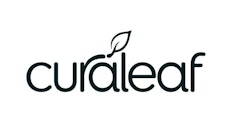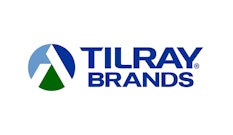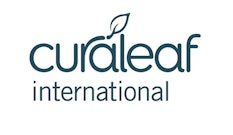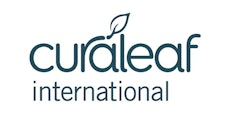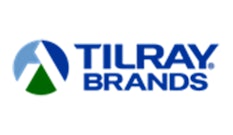
In a new study published in the Israeli medical journal Rambam Maimonides, researchers found that the consumption of cannabis with a rich phytochemical profile by patients with attention deficit hyperactivity disorder (ADHD) was associated with a reduction in the need for conventional ADHD medication.
First reported by NORML, this cross-sectional questionnaire-based study of 59 adult patients licensed for medical cannabis treatment in Israel considered self-reported data on preferred methods of consumption, cultivator and cultivar name, as well as monthly dose.
Other parameters were also taken into account. While all patients had been diagnosed with ADHD by a physician, the study also quantified self-reported veracity of symptoms, noting either low or high scores. These scores were evaluated alongside monthly consumption rates, with 18 participants falling within a low range of 20-30 grams and 35 who consumed within a high range of 40-70 grams.
According to the data collected, both the low dose group and patients reporting lower levels of ADHD symptoms had a higher rate of stopping all ADHD medications after using cannabis. Moreover, the study discovered a correlation between low-symptom patients and lowered anxiety scores. Researchers also described an association between patients with lower ADHD scores and a higher rate of cannabinol (CBN) consumption, a cannabinoid byproduct of THC oxidation, but not THC.
These results build on previous work from 2017 where the 1:1 ratio (THC:CBD) product Sativex was found to improve hyperactivity and impulsivity in a randomized placebo-controlled experimental study published in the journal European Neuropsychopharmacology.
While the Israeli study acknowledged that more research is needed to fully determine if cannabis and its phytochemical components could be successfully used for ADHD management, initial findings suggest that higher-dose consumption of phytochemical-rich cannabis, specifically CBN, is linked to medication reduction and improved symptom scores. According to the report by NORML, the researchers also expressed their hope that these findings will help motivate local regulatory bodies to “consider making ADHD an approved indication for medical cannabis license” in the future.












